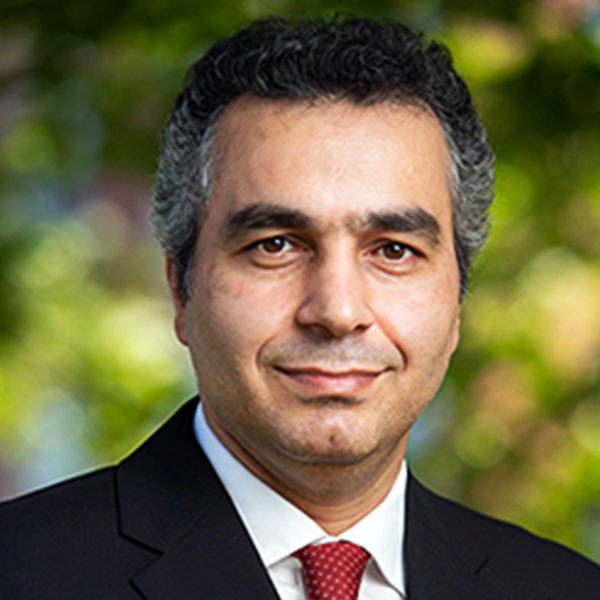
Arash Habibi Lashkari
Arash Habibi Lashkari
In working to solve the issue of cybersecurity resiliency on a larger scale, it is necessary to create efficient and relevant tools in partnership with industry, using novel research methods, to promote public education and awareness. In this way, my team will work to gather, define, and deliver fundamental knowledge and awareness to the public in a program entitles Understanding Cybersecurity Series (UCS). This must be done in a way which is digestible, understandable, and accessible to everyone. The intended purpose of our work will be to support the education and training of IT systems and cybersecurity students, academics, researchers, developers, and industry professionals while, at the same time, sharing some of the more digestible and applicable research findings with the larger community. Disbursement of educational materials through the greater community will be facilitated using social networks and other popular information sharing tools. In creating this collection of resources and shared knowledge, we will advance cybersecurity research by encouraging multi-directional growth for active industry professionals and developers, and enabling a future cohort of youth, students, upcoming cybersecurity professionals, educators, and community stakeholders to become more informed and involved with the intersecting areas of IT system security and social responsibility.
UCS will develop a fundamental anomaly detection model for cybersecurity based on an analysis of common behavioural patterns of benign users contrasted with those of known adversarial threats. This research program will create an advanced model of detecting known and unknown threats and zero-day attacks, the Universal Anomaly Detection, by designing and developing a Universal User Profile and a Universal Anomaly Profile. To maximize the value of this advance, also the UCS will focus on engagement with research users and the communication of our research results. UCS will produce two sets of materials: academic and technical materials, and public non-technical materials. The academic and technical materials will target a readership primarily consisting of academic scholars, advanced educators, post-secondary students, researchers, and developers. Along with the collection of academic materials, the non-technical materials will target a wide audience, including youth, seniors, laypeople, and the public.

Learn More
The Graduate Program in Information Systems & Technology at York is an exciting environment to pursue innovative, socially engaging, career-ready education. Contact our Graduate Program Assistant to learn more.
